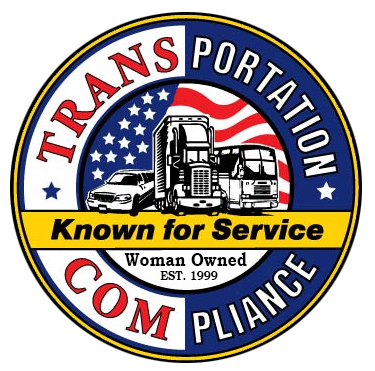On December 18, 2017, federal requirements for most interstate motor carriers and their drivers to comply with the hours-of-service rules through the use of electronic logging devices will go into effect. Among other things, a compliant ELD will produce records of where a truck went and will keep track of its mileage.
Records that fleets are required to keep for purposes of the International Registration Plan and International Fuel Tax Agreement also involve the routes a truck travels and the miles it accrues. There is no doubt that many motor carriers will want to use records produced by their new ELD systems for IRP and IFTA purposes as well. While they can, fleets need to be extremely cautious if they do.
Although an ELD is designed to track vehicles, the requirements for HOS compliance, and for IRP and IFTA records are different in a number of respects.
Among other things, both IFTA and IRP require records of a vehicle’s travel precise enough for an auditor to determine where the vehicle actually went and how many miles it accrued in doing so. Similar precision is not required for HOS compliance.
Other discrepancies between the two sets of requirements are highlighted in a chart on IRP, lnc.’s website.
Failure of a carrier’s IRP or IFTA record keeping in any of the particulars listed can result in its base state rejecting its records as inadequate for audit, and in the imposition of very expensive penalties and assessments.
 Holding on to Records
Holding on to Records
Another potential difficulty arises in the different length of time which records for HOS compliance and for IRP and IFTA must be maintained, which is 7 months for HOS and up to 6 1/2 years for IRP. Storing data is expensive; many ELD providers may not be prepared to keep ELD-produced records for longer than 6 months, unless this is specifically contracted for.
While some providers of ELDs fully understand IRP and IFTA requirements, and can supply a fleet with devices that answer both functions successfully, many ELD providers do not have such expertise. A motor carrier definitely has to do its due diligence – for selecting an ELD provider at all, of course – but even more if it wants the ELDs it selects to provide usable IRP and IFTA records. It shouldn’t be assumed that an ELD provider will do the carrier’s job for it in this respect.
Watch Out!
A red flag should be if someone claims that an ELD is “IRP (or IFTA) Certified.” Neither IRP nor IFTA ever certifies any device! Remember too that a device might actually produce records that would be usable for IRP and IFTA purposes, but if it hasn’t been properly implemented, it won’t do so in practice.
-State Laws Newsletter
Please call TRANS-COM today with any questions you may have about ELDs!
★ By the way!
If you or someone you know owns/starting a Trucking and/or Passenger company and needs help with their DOT and or DMV Regulations, we are in fact a company that helps Trucking/Passenger companies stay in compliance with these regulations!
Not sure how to feel yet? We offer a FREE Trucking & Passenger Regulation Consultation! Call us at 631-277-3456 to schedule an appointment.
Have a thirst for knowledge? Click the link to check out our other Informative Blog posts!
Blog | TRANS-COM (trans-com.us)















